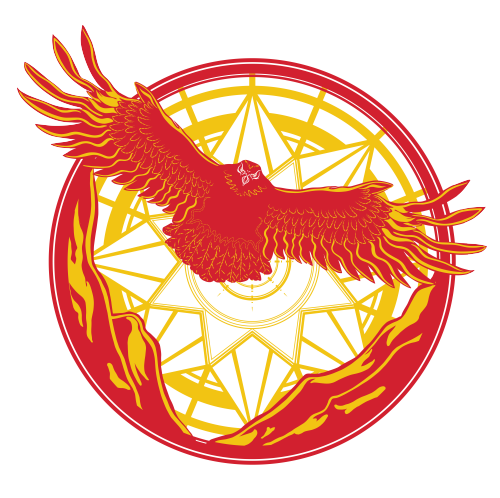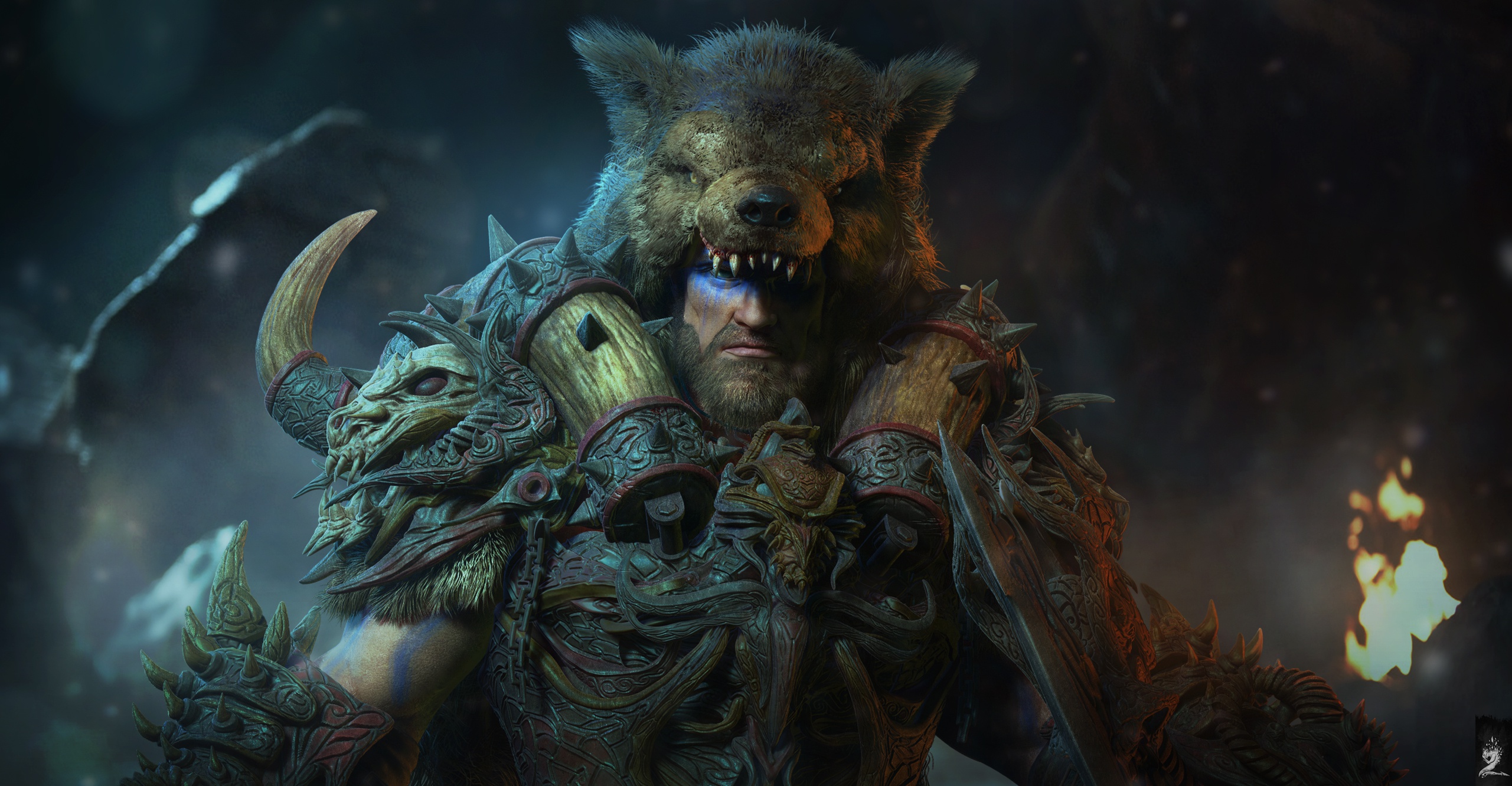MONSTROUS HEROES: BEOWULF AS A CHRISTIAN CRITIQUE OF GERMANIC HEROISM
This paper proposes to compare once again the heroes Beowulf and Böðvarr Bjarki, using linguistics and critiques of the heroes to build on the traditional approaches of comparison through folktale, etymological, and literary analysis to examine the degree to which Beowulf may be considered a hero or the praised object of censure. After summarizing their mode of Germanic Heroism and lightly comparing the heroes’ stories and reviewing the current state of scholarship on the Bear’s Son Tale as applied to these analogues and the role of the Dragon in Beowulf, attention is given to the use and significance of the term aglæca in Beowulf, including its application to the eponymous hero. Further consideration is given to Beowulf’s fate as a Christianised Germanic Hero, and it is argued that the poet subtly critiques Beowulf for the shortcomings endemic to his particular idiom of heroism, in contrast with absence of critique of Böðvarr. This evidence and reasoning provide additional support for the argument that Beowulf was composed in an Anglo-Latin and thus Christianised England, and allow for fresh examination of the implications thereof.
This event is past: please enjoy the recording of Robert’s talk.
Robert Black earned a Bachelor of Arts in English at Austin College and has taught English Language & Literature at various levels for the past dozen years. When he has free time, he enjoys reading, hiking, a pint of bitter, reading, whistling, watching & discussing movies & shows, and more reading. But what is best in his life is raising three lovely children with his wonderful wife in their native Texas.

